Yemeni officials censure UN arms embargo on Ansarullah
Yemeni officials have denounced a recent vote by United Nations Security Council (UNSC) to expand a targeted UN arms embargo on several leaders of the popular Ansarullah resistance movement to the whole group.
The 15-member body adopted on Monday the controversial anti-Ansarullah resolution, proposed by the United Arab Emirates, by 11 votes in favor to none against, with 4 abstentions.
The resolution strongly condemns counterattacks by Yemeni fighters, including those on Saudi Arabia and the UAE, and demands their immediate cessation.
In a post on his Twitter account, Mohammed Ali al-Houthi, head of Yemen's Supreme Revolutionary Committee, criticized the decision for ignoring the “crimes” committed by the Saudi-led coalition, stressing that any arms embargo that does not apply to the Western-backed alliance “had no value.”
If the goal is to secure justice, the deliberate targeting of Yemen by the US-Saudi-Emirati aggressor coalition and its war crimes should have been the reason for a ban on weapons, he said.
‘Americans, British test weapons by killing Yemeni children’
He also noted that after selling arms to the Persian Gulf countries, the Americans, the British, etc. test the effectiveness of their weaponry by killing Yemeni children.
They, the official added, deprive Palestinians of access to weapons while giving them to the Tel Aviv regime that commits war crimes.
“Yemen now has a new weapon that it did not have before. Thank God, it is the jihad (endeavor for the sake of God) of the brave Yemenis, who have achieved it, as well as the defeat of the American-British-Saudi-UAE coalition and its military allies.”
Similarly, Mohammed al-Bukhaiti, a member of Yemen’s Supreme Political Council, said the UNSC’s decision to extend the arms embargo imposed on Yemen and deprive it of its right to self-defense indicates that the world needs a new order based on justice.
“We tell the countries that voted in favor of the resolution that you and your oppressive decisions are under our feet because we rely only on God,” he asserted.
Saudi Arabia launched the devastating war against Yemen in March 2015 in collaboration with a number of its allies and with arms and logistics support from the US and several Western states.
The objective was to return to power the former Riyadh-backed regime and crush the Ansarullah resistance movement, which has been running state affairs in the absence of an effective government in Yemen.
The war has stopped well shy of all of its goals, despite killing tens of thousands of Yemenis and turning entire Yemen into the scene of the world’s worst humanitarian crisis.
Yemeni forces have continued to grow stronger in the face of the Saudi-led invaders, advancing toward strategic areas held by Saudi-led mercenaries, including Ma’rib province, and conducting several rounds of counterstrikes against Saudi Arabia and the UAE in recent months.
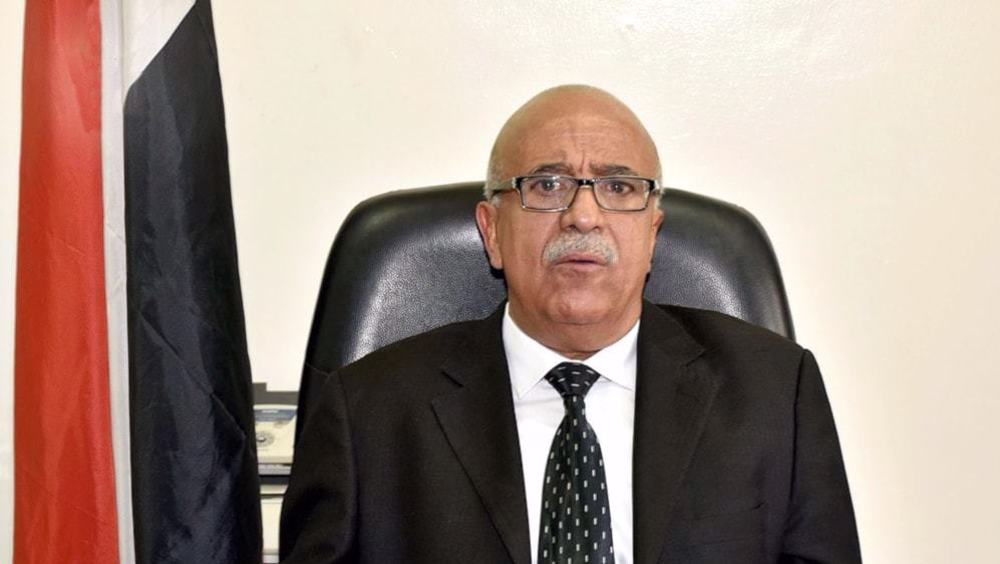
Yemeni PM: Hezbollah brought Zionist enemy to its knees
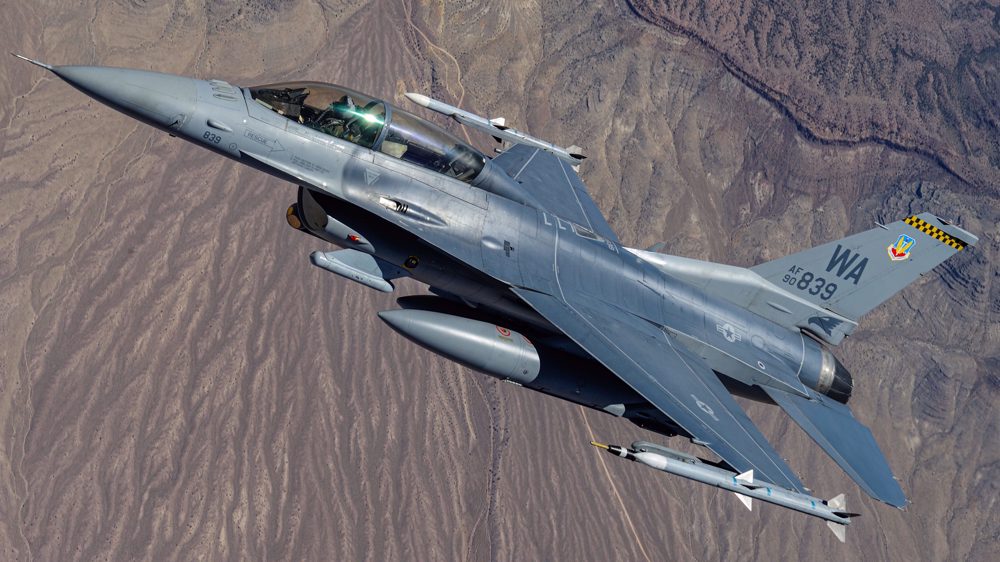
Yemeni forces target US warplane: Report
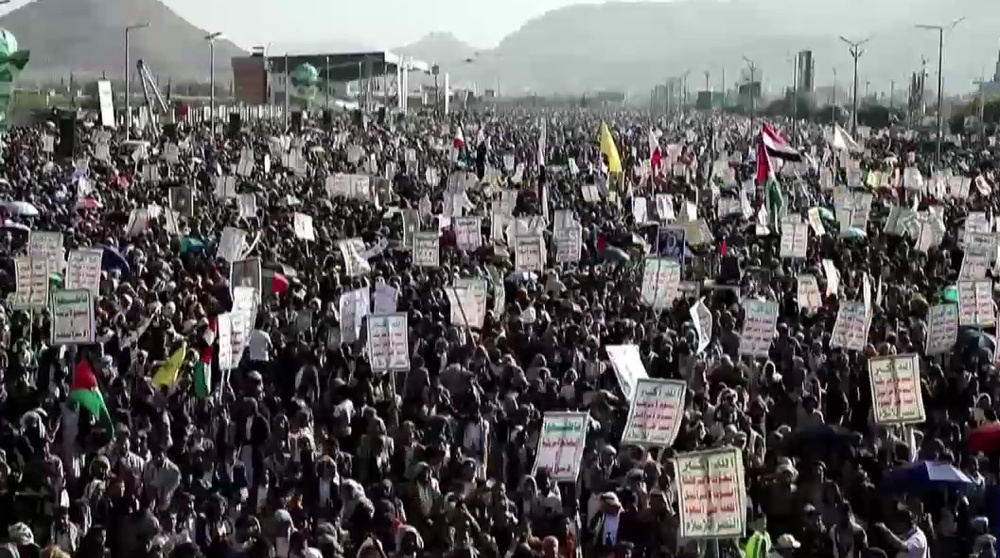
Mass protests in Yemen against Trump’s Gaza relocation plan
Netanyahu: Israel won't allow Hayat Tahrir al-Sham forces in southern Syria
Hezbollah leaders’ historic funeral showed resistance strength: Islamic Jihad
Iran reports surge in air traffic as Austrian, Lufthansa resume flights
VIDEO | South Africans set to lobby government to isolate Israel
IRGC chief: Nasrallah decisive figure in regional equations with global dimensions
VIDEO | Press TV's News Headlines
Netanyahu's son 'exiled abroad for hitting his father': Knesset member
Iran money supply up 28.4% y/y in late January: CBI


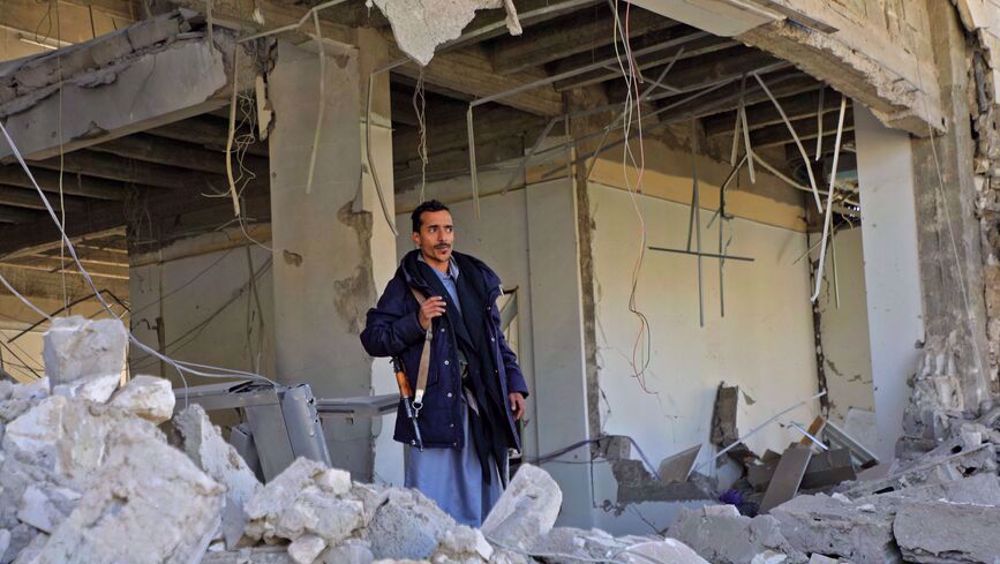
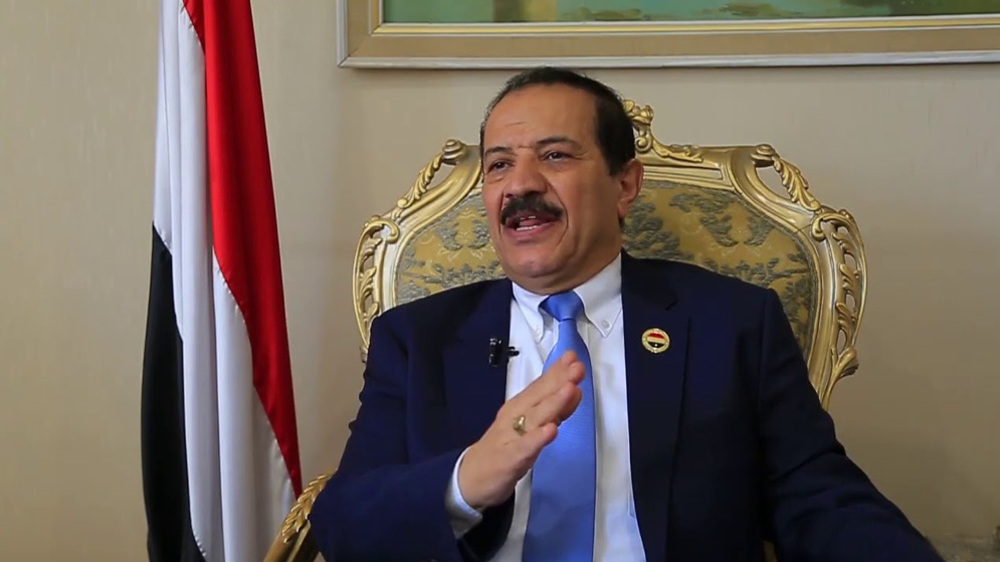
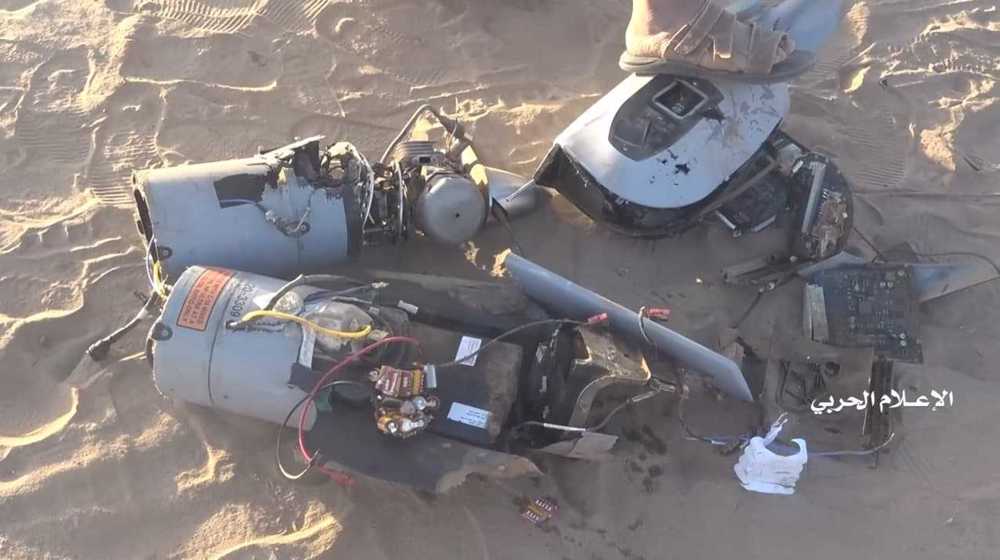



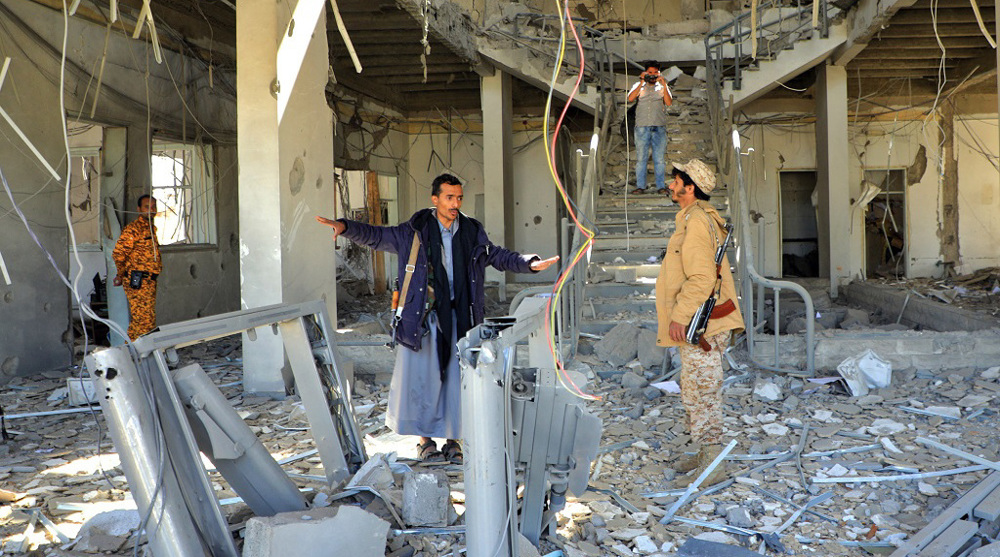
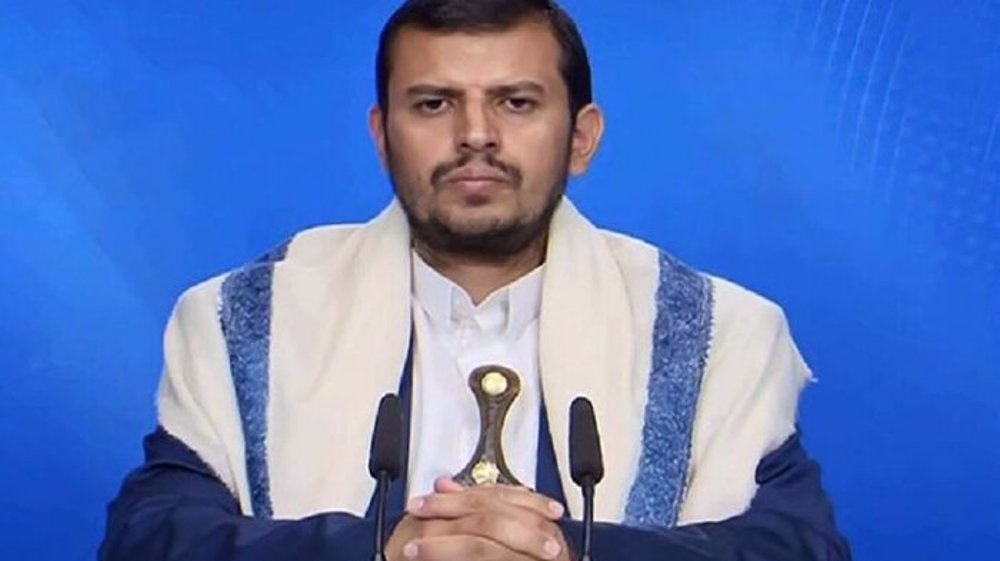
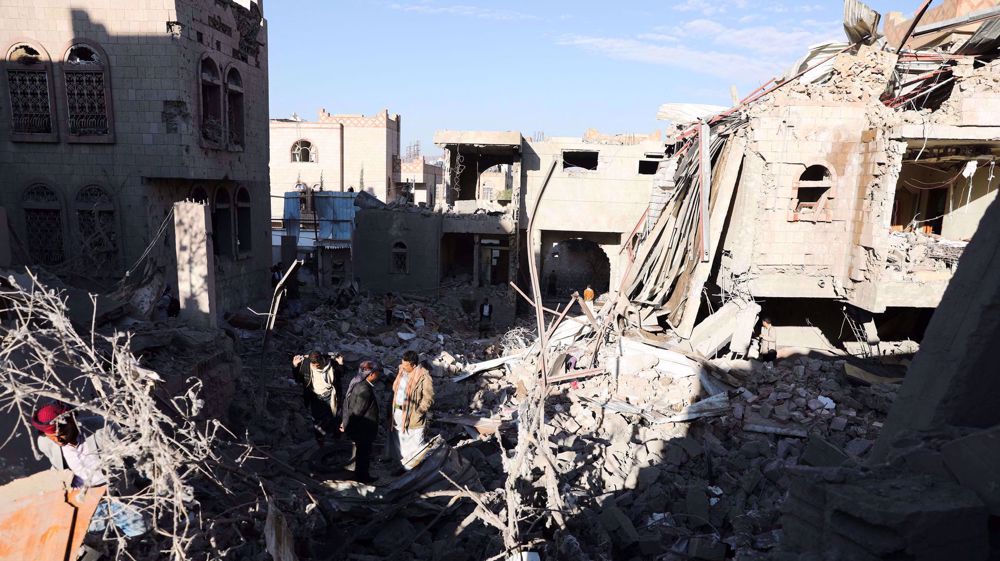
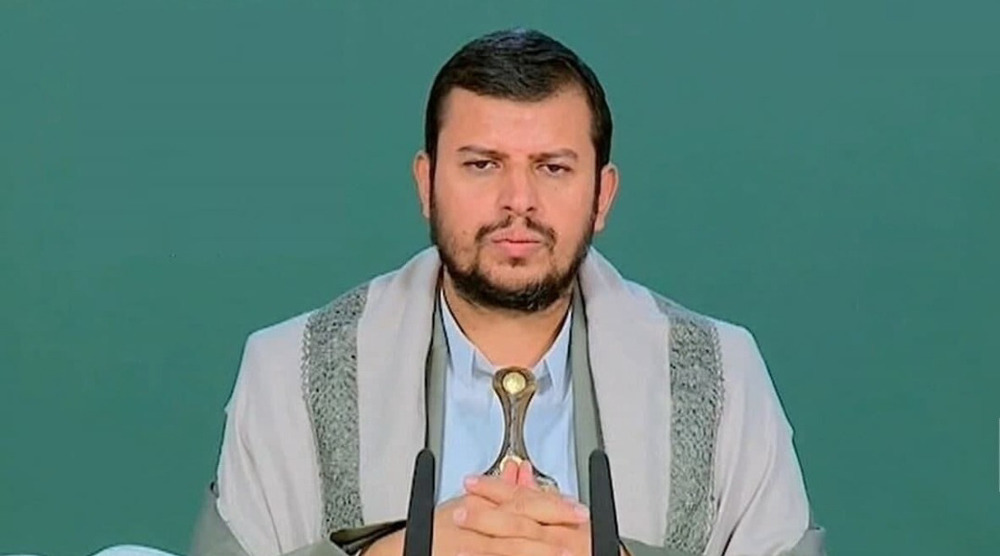
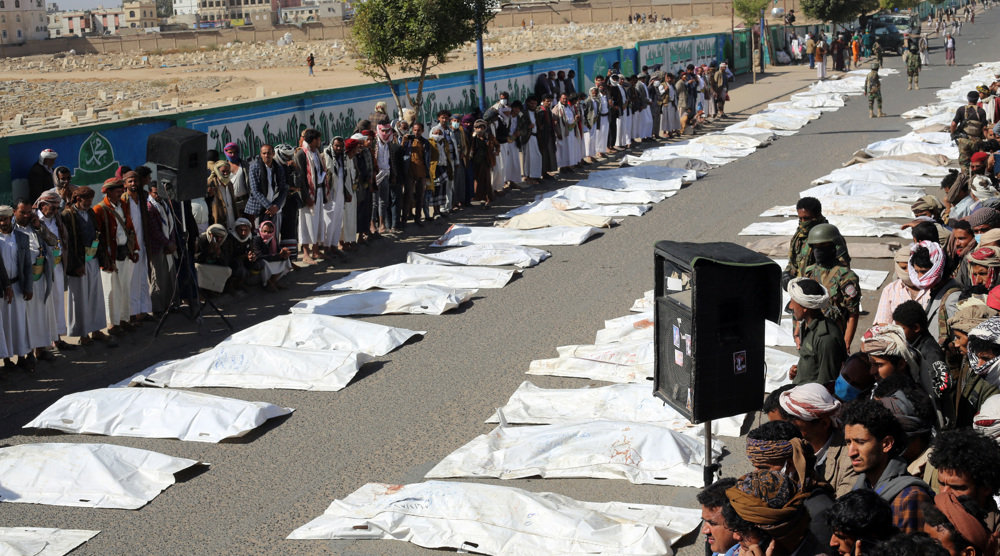

 This makes it easy to access the Press TV website
This makes it easy to access the Press TV website